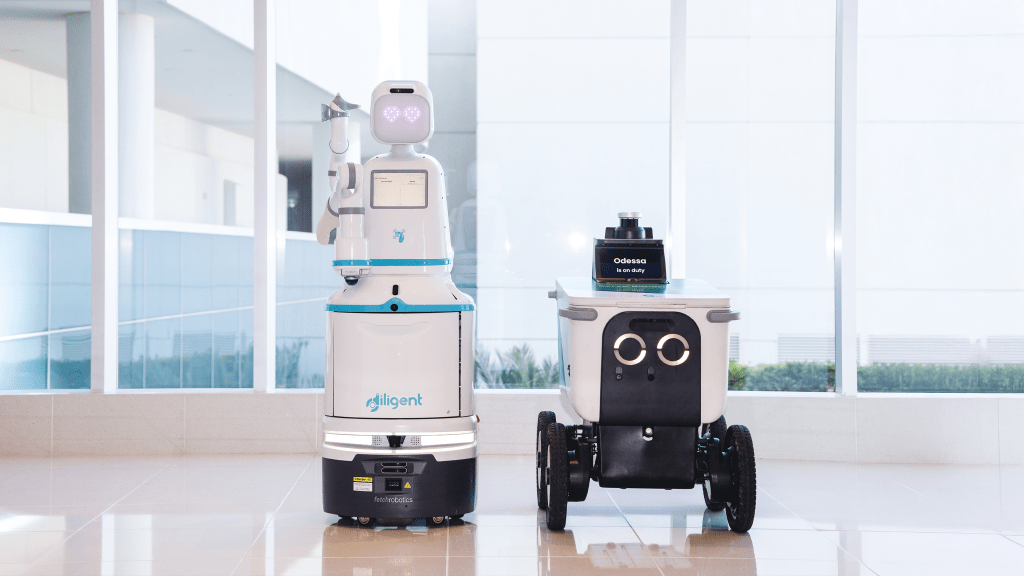In a significant move to address climate change, Frontier—a carbon removal initiative backed by tech giants Google, Stripe, and Shopify—has committed $31.2 million to purchase 115,208 metric tons of carbon removal credits from geoengineering startup Planetary. This partnership marks Frontier’s inaugural venture into ocean alkalinity enhancement as a method for carbon sequestration.
Traditionally, Frontier has invested in technologies such as direct air capture, enhanced weathering, and bioenergy with carbon capture. The collaboration with Planetary introduces a novel approach by leveraging the ocean’s natural capacity to absorb carbon dioxide. The agreement sets the price at approximately $270 per metric ton of carbon removed. However, Planetary aims to reduce this cost to below $100 per metric ton in the future. Projections suggest that, at full operational capacity, ocean alkalinity enhancement could sequester over 1 billion metric tons of carbon dioxide annually.
The world’s oceans have long acted as a buffer against climate change by absorbing atmospheric carbon dioxide. While this process has mitigated some effects of global warming, it has also led to increased ocean acidity, posing threats to marine life such as corals and shellfish that rely on alkaline conditions to maintain their calcium carbonate structures.
Historically, ocean waters had a pH of 8.2, indicating slight alkalinity. Since the onset of the industrial revolution, this pH has decreased to 8.1. Although this change may seem minor, the logarithmic nature of the pH scale means the oceans are now 30% more acidic than they were in the early 1800s. This acidification results from carbon dioxide reacting with seawater to form carbonic acid.
To counteract this trend, Planetary employs magnesium hydroxide—a compound commonly found in over-the-counter antacids—to increase ocean alkalinity. The company introduces this substance at wastewater treatment facilities and power plants, locations already discharging water into the ocean. This strategy minimizes coastal disruptions and helps keep operational costs low.
Currently, Planetary is running two projects: one in Nova Scotia and another in Virginia. These initiatives aim to demonstrate the feasibility and effectiveness of ocean alkalinity enhancement as a scalable solution for carbon removal.



